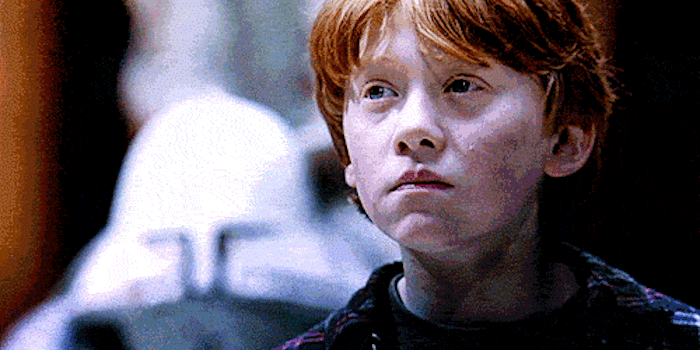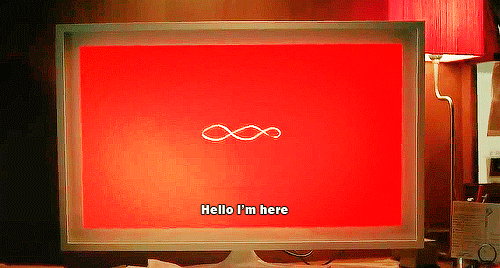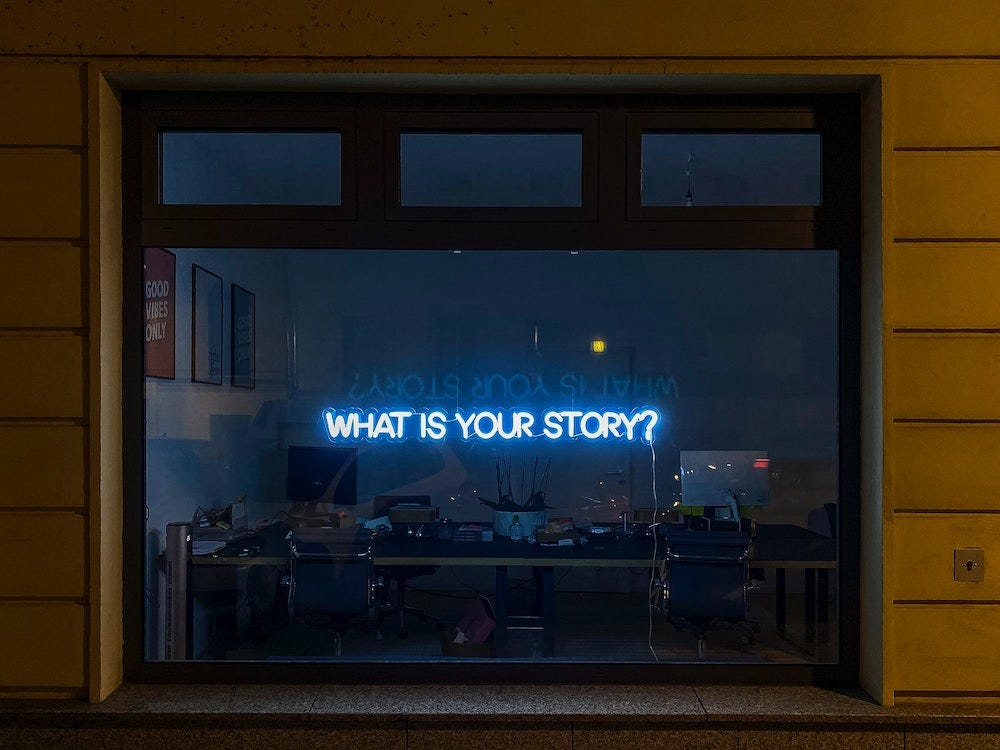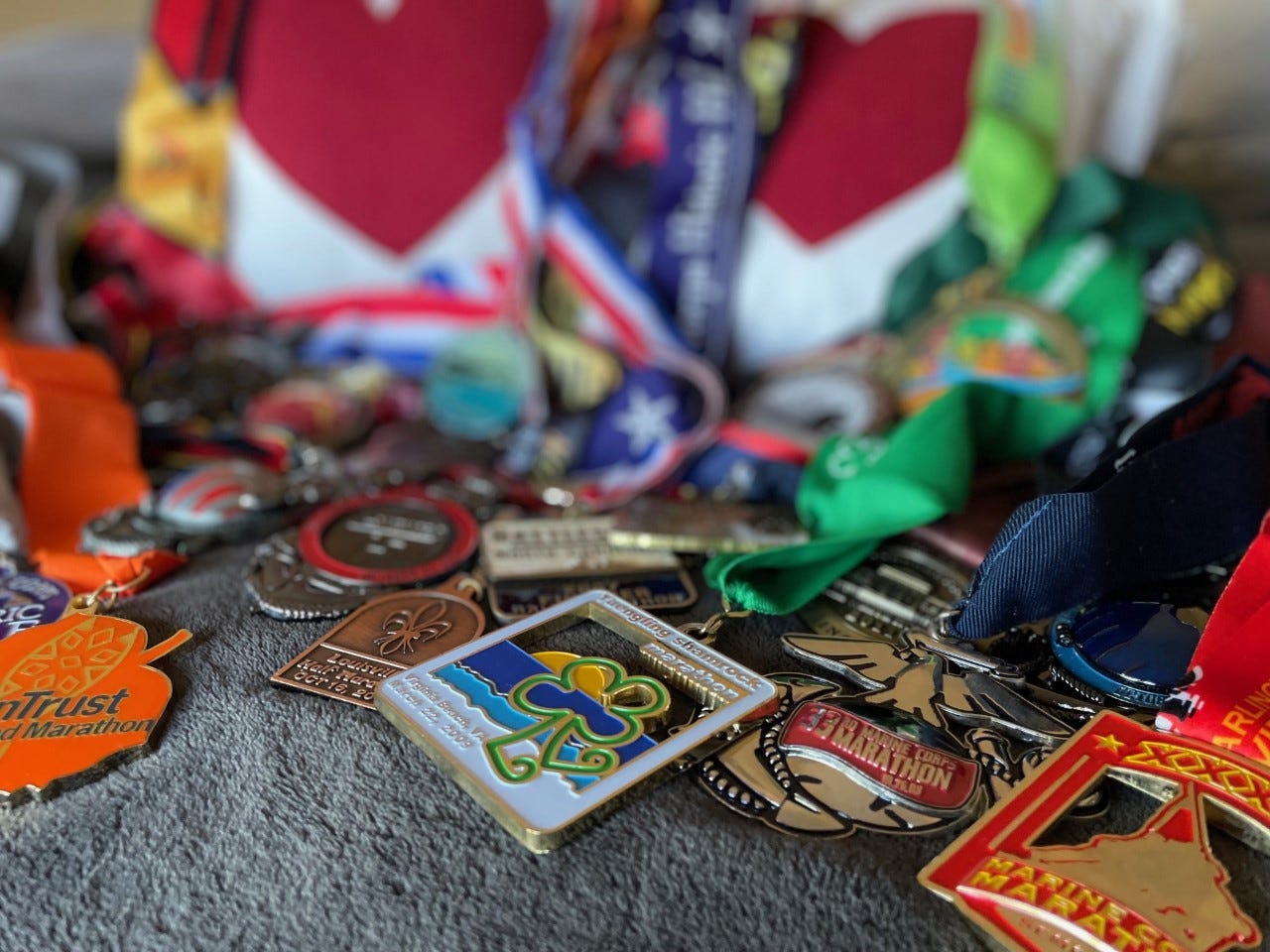Interview (Part 4): Rachael Prior — Big Talk Productions
One of the delights about spending time on Twitter is having met and gotten to know Rachael Prior. Whip smart and passionate about movies and storytelling, Rachael is the Head of Film at Big Talk Pictures, a U.K.-based film company overseeing movies such as Attack the Block, Cuban Fury, and the excellent romantic comedy Man Up (2015), written by Tess Morris, directed by Ben Palmer, and starring Lake Bell and Simon Pegg. Previously Rachael worked in development at Working Title where she was involved numerous movies including Edgar Wright’s ‘Blood & Ice-Cream Trilogy’ — Shaun of the Dead, Hot Fuzz, and The World’s End.
Recently I had a wide-ranging hour-long transatlantic conversation with Rachael. Today in Part 4, Rachael discusses how she handles the “gap” by translating producing notes into something which can benefit a writer reworking their script:
Scott: I remember reading in one of your tweets about how important word choices are, and that’s absolutely right. If she had said “piss” versus “wee,” you have a different reaction to her. You have such a delicate balance with the character that you’ve got to maintain sympathy along with her edge.
Finding and keeping that balance, I think you’re exactly right. The tone, it was critical in the setup for the script.
Rachael: Yeah. I think with Nancy that was a lot of the work we were doing. To be honest, one of the joys of working with a writer as gifted and committed as Tess was that she knew this character inside‑out, she never didn’t know the answer to what should happen or what Nancy would do in any given situation.
Once we’d done all that big work and we had her start point nailed, we just pushed hard to make it as funny as possible. I used to always say to Tess, I’d just point at a line and I’d say, “You should just Tess that up a bit more,” because it’s the best way I could describe to her what I needed her to do.
It wasn’t always “make it funnier”, sometimes it was simply about syntax, and I’m a huge, huge fan of great syntax. What Tess is so brilliant at, and you’ve referenced it yourself just now how important a writer’s choice of words are, is giving great syntax. That’s one of the reasons Nancy’s such a great character — she has a very appealing turn of phrase and she’s very funny and very witty.
We drove quite hard, certainly in the last month or two up to production, to make sure that we hadn’t left any opportunity for more characterful dialogue or better jokes by the wayside. I would say I drove Tess quite hard on that front, because I know from experience of having… God, I don’t know how many films I’ve seen now go from first draft through to released movie, a huge amount… I know that you don’t want to be left sitting watching your movie thinking, “God, that line. It’s a bit ordinary. It could have been better.” We had a lot of fun doing that, and I think Tess enjoyed that bit of the process at least. Just spotting opportunities to add 10 percent, 20 percent to the overall feel of the movie. It pushed her as a writer, and she always, always came up with the results.
Scott: This is what Tess said in the interview about you:
“Rachael’s also very good at pushing me into going a bit further with my writing. When we got into pre‑production of Man Up and the pressure was on, I was having to deliver pages fast. We were in rehearsals and I’d send something over to her, and she’d go, ‘No, it needs more Tess! It needs more Tess!’ I’d be crying sometimes going, ‘I can’t write anymore!’ and she’d go ‘Come on, Tess. More Tess, more Tess!’”
Rachael: [laughs] Well, that’s true. But it was so lovely to work with a writer where her own name became the adjective to describe what I was after. I knew I just wanted more of her, of what I knew she was capable of. Look, it’s knackering when you get to that stage. For the writer it’s never‑ending, the pressure is on.
It is tiring, and I can’t imagine what it’s like to be on the end of that because I find it very stressful just being in my position. Sitting there, hoping that the writer is going to return the pages with the magic done.
I think that even through all of that, as I say, one of the reasons that Tess and I have become such good friends is that we were able… I don’t know… we were just on a level. I just have so much admiration for her as a person, for her work ethic, but crucially for her talent. I think she felt the same about what I was bringing to the process.
When you have that kind of mutual respect, you know each other is utterly capable of the result, then it doesn’t get ugly when you’re saying, “You’re falling short.” Because you’re not saying “You’re not capable,” you’re just saying, “You haven’t hit it yet.”
Scott: There’s the psychology angle again. You’ve got to be a psychologist in dealing with the writers, but you’ve got the other side of the thing where you’re dealing with the overlords and people of production, and you’ve got to translate that into something. I remember you tweeting this thing about “the gap.”
Rachael: Yes.
Scott: Maybe you could talk a little more about that. There’s this gap between what notes may come down from on high and then translating that for the writer.
Rachael: Like I said, I’m fascinated by it because it’s something that people don’t really talk about a lot, but we all know it exists. It’s something that you discover for yourself and end up navigating very instinctively, how wide that gap needs to be, or how tight that gap can be, depending on the writer, depending on what stage the project is at.
Also, it depends on the personality of the writer, because some can really take it, and they want to hear it. Others, you just have to find a different way to communicate. Sometimes I can be told, literally, that what I’m sending up the chain is garbage. There are times when a writer needs to hear that, and there are times when they do not.
If I go back and say that to a writer two days before we are shooting a particular scene, what am I going to get? I’m going to have a writer in a heap, who’s completely under‑confident, and considerably less capable, in most cases, of delivering the goods, particularly if they have been writing round the clock for 3 weeks solid.
There are always going to be exceptions to that rule. I’m sure there are writers that will read this and go, “That’s not me, I’m tough as old boots,” but I think the truth is every writer who is worth their salt is going to have a degree of sensitivity about what they’re creating. I would hope they do, because they’re creative people, and they are invested and presumably proud of the work that they’re putting out there for people like me to read. You just have to be very instinctive about the way that you get out of the writer what you know has to be delivered. You don’t always get there, but a good development person or producer will facilitate for a writer their best shot at succeeding.
Also, when you hear those very tough notes from studios, or a director, or whoever, you have to take into account that they are not filtering for you because they don’t need to. They’re busy with other things. They’ve got locations falling apart, or they’ve got changes at the top of their studio, or their $100m movie is $30 over budget. They’ve got a million other concerns on their plate. All they’re doing is reading the pages, or the script, and reacting in a very blunt, business-like way because they don’t need to be pleasant to you about it. [laughs] You’re not the writer. I’m not saying “woe is me”, but it can be a strain. There’s no roadmap for handling The Gap, you have to trust your instinct and accept that a hurt writer is always going to wish you did it another way.
Certainly for me, when things get that far down the line, when we’re in pre-production, I’m tremendously invested personally, and I do find it quite painful sometimes to be given very blunt notes because I feel, maybe not as responsible as the writer, but certainly partially responsible. I feel ownership and I’ve given my tacit approval to whatever has gone beyond my desk.
When I worked at Working Title, which was essentially a mini studio with control over their own development and, to a certain extent, production budgets, cash flow and momentum was an internally controlled process. It’s an incredibly privileged position to be in as a producer and one they worked very hard to get. Big Talk is a smaller, independent production company. Whilst it irritates me that I have to go through an executive at a studio or a financier to push a project to the next stage of development, and certainly production, I think the process works. I like the fact that I am going to get another creative point of view, which is colder, if you like, than mine. Sometimes I like or need to hear that as much as a writer does. You become so involved in the process that you’re not as dispassionate as you might ideally like to be, but your subjectivity is essential in the game of ‘confidence dominoes’ that goes on to get a film into production.
Tomorrow in Part 5, Rachael discusses what she’s looking for in a “writer’s voice” and why that it is critical for writers to develop one.
For Part 1 of the interview, go here.
Part 2, here.
Part 3, here.
To download a PDF version of the script for Man Up, go here.
Twitter: @ORachaelO.
For the Big Talk Pictures website, go here.
For my June 2015 interview with Man Up screenwriter Tess Morris, go here.
Comment Archive










